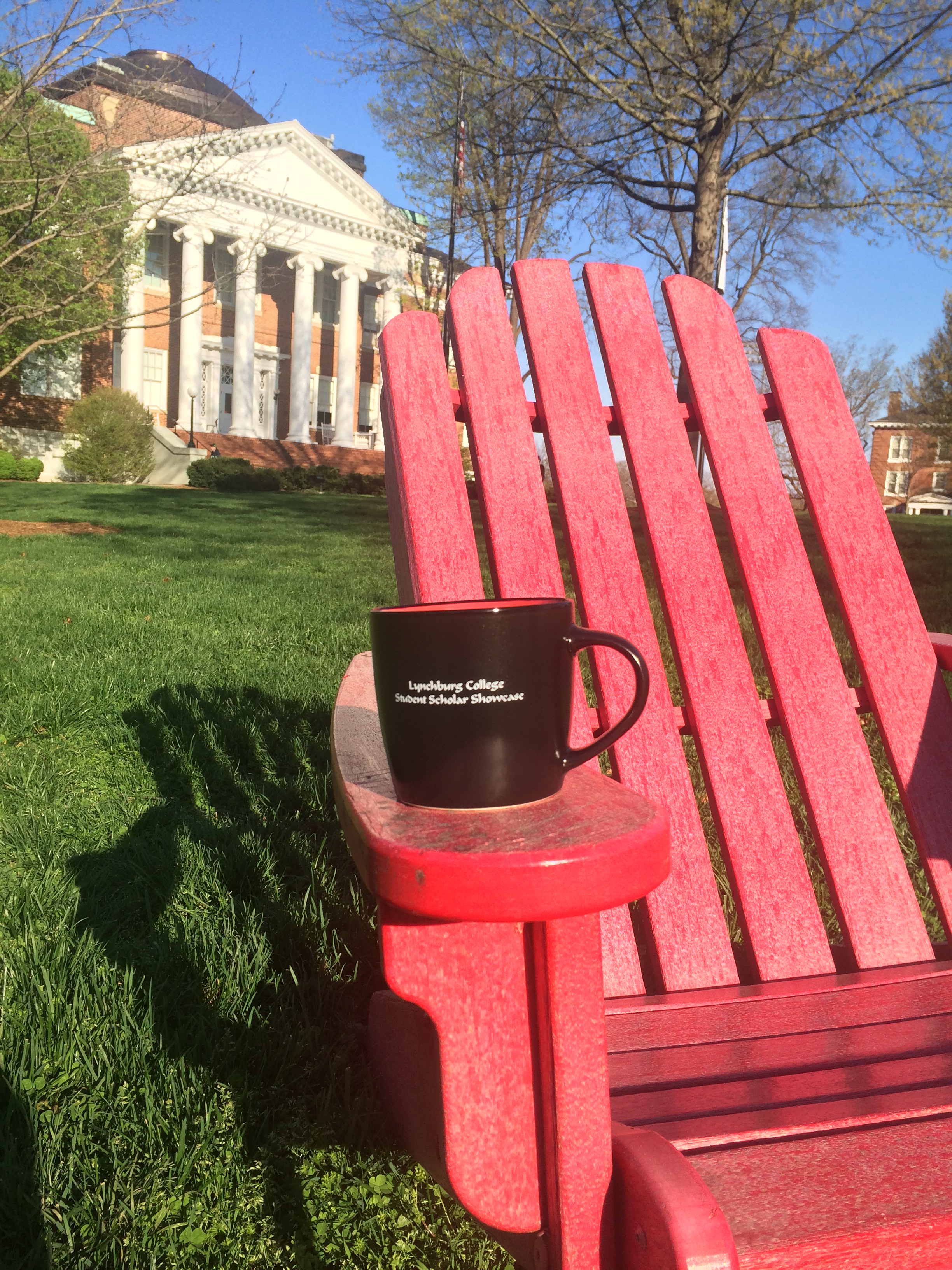
The Intersection of Politics and Theology: Reading Augustine in Light of Augustine
Access Type
Open Access
Entry Number
111
Start Date
4-5-2017 3:00 PM
End Date
4-5-2017 3:15 PM
Department
Philosophy
Abstract
The City of God is a theological text that has been foundational to the development of Christian thought across time. Over the centuries, political scientists and theologians have been especially interested in this text for two major reasons; typically, theologians are interested in the discussion of the siege of Rome that is found in books I-V because St. Augustine rejects the notion that pagan worship leads to happiness and prosperity in this life, and political scientists focus most of their attention on book XIX which discusses the ends of what Augustine calls the City of Man and the City of God. Augustine argues that the highest good of mankind cannot be found in peace and order within a political context; for him, the highest good is found in the City of God – the peace that is only given to humans by God. Studying these arguments independently of one another has been valuable; however, the purpose of this thesis is to read both arguments in light of one another to discover if scholars have ignored a valuable means to better understanding Augustine’s view on the highest good.
Primary Faculty Mentor(s)
Dr. Stephen Dawson, Dr. Laura Kicklighter, Dr. Annette Evans, Dr. Scott Amos
The Intersection of Politics and Theology: Reading Augustine in Light of Augustine
The City of God is a theological text that has been foundational to the development of Christian thought across time. Over the centuries, political scientists and theologians have been especially interested in this text for two major reasons; typically, theologians are interested in the discussion of the siege of Rome that is found in books I-V because St. Augustine rejects the notion that pagan worship leads to happiness and prosperity in this life, and political scientists focus most of their attention on book XIX which discusses the ends of what Augustine calls the City of Man and the City of God. Augustine argues that the highest good of mankind cannot be found in peace and order within a political context; for him, the highest good is found in the City of God – the peace that is only given to humans by God. Studying these arguments independently of one another has been valuable; however, the purpose of this thesis is to read both arguments in light of one another to discover if scholars have ignored a valuable means to better understanding Augustine’s view on the highest good.

